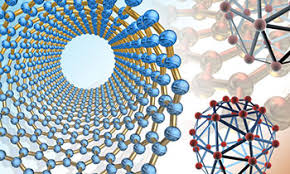Mechanical and Materials Engineering, Department of

Department of Mechanical and Materials Engineering: Faculty Publications
Document Type
Article
Date of this Version
2011
Citation
41st ASEE/IEEE Frontiers in Education Conference, October 12 - 15, 2011, Rapid City, SD, doi: 10.1109/FIE.2011.6143027
Abstract
We live in a fast-paced world surrounded by technological advances. Engineers with advanced skills perform important functions in our society. However we know very little about how engineers consider obtaining advanced education and skills. The purpose of this study is to understand and develop a theory explaining the process domestic engineers undergo in developing an interest in obtaining a PhD in engineering. Our research was guided by the following central research question: What is the theory that explains the process of developing interest in doctoral-level engineering education for engineers? We used qualitative, grounded theory methods, to investigate the process of advanced engineering education interest. Interview data were collected from undergraduate engineering students, doctoral engineering students, engineering faculty, and engineers in industry with PhD degrees from seven institutional sites. Our theory explains that misperceptions, personal characteristics, and environmental elements are part of engineers’ interest in advanced education. Engineers must be exposed to these factors and must also actively process this information to develop interest. This theory provides a framework for understanding and promoting doctoral education for engineers. Implications for educators are offered.


Comments
Copyright 2011 IEEE